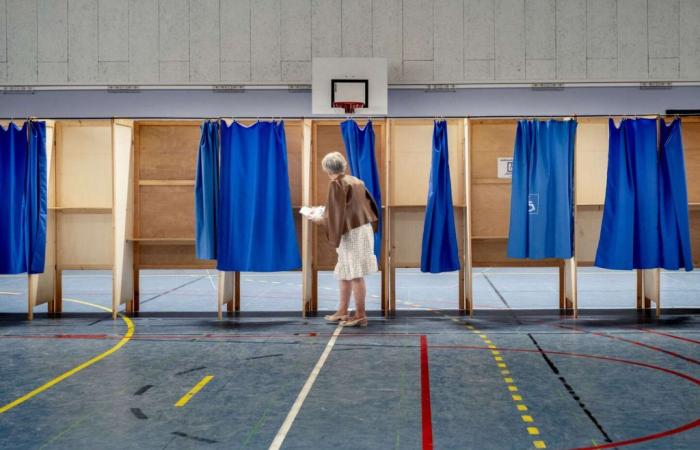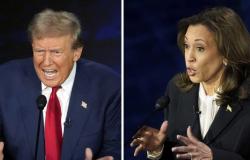
The will expressed by Michel Barnier in his general policy declaration, on 1is October in the National Assembly, to finally implement a modification of the legislative voting method to move towards proportional representation should not transform this subject into a fleeting topical issue nor allow it to be seen as a fashionable debate. This question has, in fact, always been at the heart of constitutional and political concerns since the second half of the 19th century.e century and the advent of universal suffrage.
The debate apparently calmed down from 1958 only because the Ve A nascent republic, then established from 1962, gave the feeling that the single-member majority vote in two rounds that it established – in reality that it resumed from the IIIe Republic, which only experienced a brief and incomplete proportional parenthesis between 1919 and 1927 – was one with the stability it offers.
But this impression is both accurate and misleading. Correct, because the two-round single-member ballot accompanied the “majority presidentialism”, this system of government where the President of the Republic elected by universal suffrage governs through a subordinate prime minister and thanks to the a priori and lasting support of disciplined deputies elected on his behalf more than on theirs.
The artifice of the election of the president by universal suffrage
Misleading, because the political stability offered by the majority vote came at a very high price and turned out to be nothing more than an illusion: it masked the growing disagreement between the electorate and the policies pursued for forty years , considered interchangeable and beyond the reach of any sanction both in Parliament and by the ballot to the point of ending up giving rise to sanctions as during the 2005 referendum or even, fifteen years later, violent antics with the “vests” movement. yellow”.
Read also | Article reserved for our subscribers “Proportionality is seen as the only alternative to majority voting, even though there are others! »
Add to your selections
It offered the illusion that the majority of deputies in the National Assembly was as “absolute” as that of the electorate when this was not the case and the gap between voters and deputies continued to grow.
The artifice of the election of the President of the Republic by universal suffrage, a sort of black hole in the political debate, has also ended up no longer producing the expected effects: voters are now refusing in the legislative elections the vote which was given to them. imposed in the second round of the presidential election.
The gap between voters and representatives of the people
You have 58.42% of this article left to read. The rest is reserved for subscribers.





